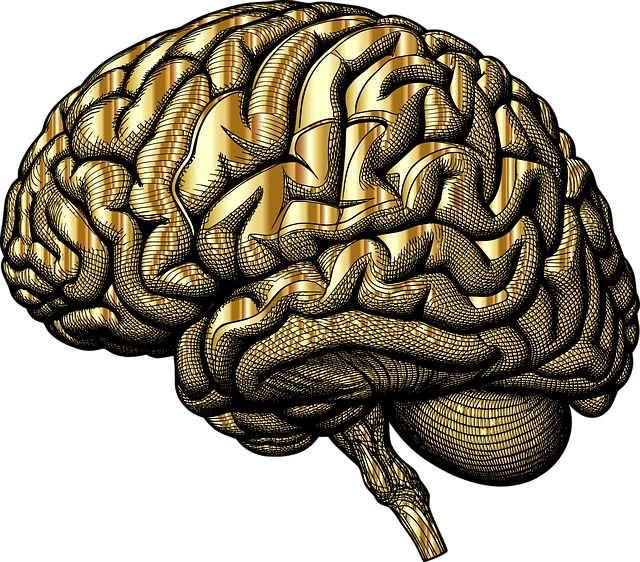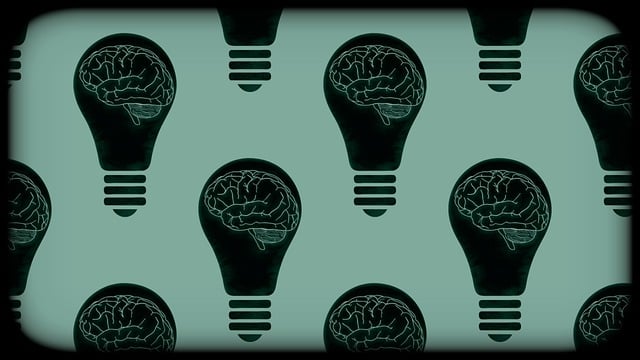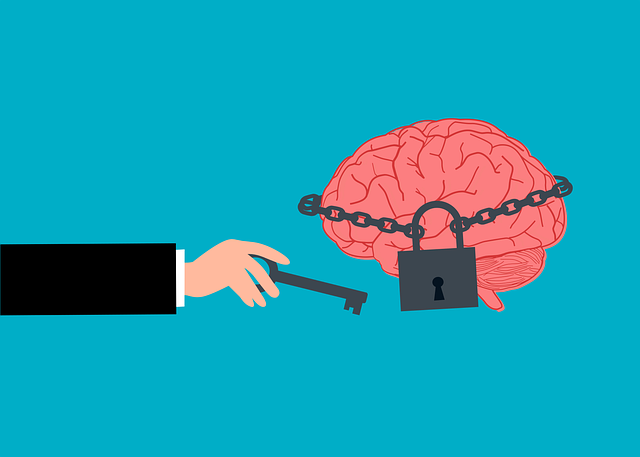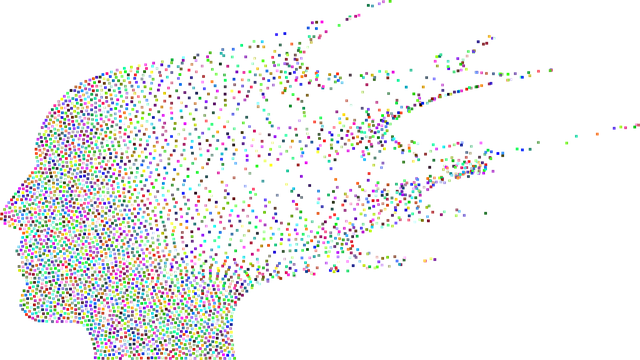Children's sexual development can be fraught with dysfunctions like early sexual exposure or relationship difficulties. Early identification and professional intervention, including specialized therapies like Social Skills Training, are crucial for mental wellness promotion. "Therapy for Children Sexual Dysfunction" creates safe spaces for open communication, teaches boundaries, builds self-esteem, and enhances social skills, aiming to support children in becoming balanced adults. Supportive environments, group therapy, risk assessments, and diverse therapeutic methods facilitate recovery while reducing stigma around help-seeking. Early intervention strategies focused on mental wellness, including education and journaling exercises, play a key role in preventing and managing mental illnesses in young people.
Mental wellness promotion is vital, especially in addressing children’s sexual dysfunction, a sensitive yet crucial aspect of their development. This comprehensive guide explores strategies to foster healthy growth and healing. We delve into understanding children’s sexual development, recognizing potential dysfunctions, and the transformative power of therapy. Additionally, we highlight creating supportive environments, early intervention techniques, and prevention strategies to empower professionals and parents alike. For effective support, explore the role of therapy in addressing sexual dysfunction in children.
- Understanding Children's Sexual Development and Potential Dysfunctions
- The Role of Therapy in Addressing Sexual Dysfunction in Children
- Creating a Supportive Environment for Healing and Growth
- Early Intervention and Prevention Strategies for Promoting Mental Wellness
Understanding Children's Sexual Development and Potential Dysfunctions

Children’s sexual development is a natural process that involves exploring their bodies and learning about sexuality. However, it’s crucial to recognize that like any aspect of growth, this area may present challenges for some children. Dysfunctions related to sexual behavior can manifest in various forms, from age-inappropriate exposure to sexual content to difficulties in forming healthy relationships. Early identification of these issues is vital. Many professionals emphasize the role of open communication and education in fostering a child’s mental wellness and emotional well-being promotion.
Therapy for children with sexual dysfunctions often involves specialized techniques such as Social Skills Training, which helps them navigate interpersonal interactions more effectively. These therapies cater to the unique needs of each child, focusing on building self-esteem, teaching healthy boundaries, and promoting positive social skills. By addressing these potential dysfunctions, professionals contribute to a child’s overall mental wellness, ensuring they can develop into emotionally balanced adults.
The Role of Therapy in Addressing Sexual Dysfunction in Children

Sexual dysfunction in children is a sensitive yet crucial aspect of their overall mental wellness that requires professional intervention. Therapy plays a pivotal role in addressing and managing this issue, offering a safe space for children to explore and express themselves. Through specialized therapy sessions tailored for young individuals, therapists employ various techniques such as communication strategies, social skills training, and resilience-building exercises to help children understand and cope with their feelings and experiences.
Children often face challenges in communicating about intimate matters, making it imperative for therapists to facilitate open dialogue using age-appropriate language. By fostering a supportive environment, therapists enable children to discuss any anxieties, fears, or discrepancies they may have regarding their bodies and sexual functions. This process not only helps identify the root causes of sexual dysfunction but also equips them with essential social skills and resilience to navigate potential stigma or confusion surrounding these topics.
Creating a Supportive Environment for Healing and Growth

Creating a supportive environment is paramount in promoting mental wellness and facilitating healing, especially for children navigating issues like sexual dysfunction. This involves cultivating spaces that foster open communication, where young individuals feel safe to express their thoughts and emotions freely. Such environments can be established through group therapy sessions designed to build camaraderie and normalise conversations about sensitive topics, thereby reducing the stigma associated with seeking help.
Additionally, mental wellness professionals play a crucial role in shaping supportive settings. Conducting thorough risk assessments ensures that these environments are not only safe but also cater to individual needs. Incorporating diverse therapeutic approaches, such as art therapy or mindfulness practices, allows for personalized emotional healing processes. This holistic approach not only addresses the symptoms but also equips children with coping mechanisms for lifelong mental wellness.
Early Intervention and Prevention Strategies for Promoting Mental Wellness

Early intervention plays a pivotal role in promoting mental wellness and fostering resilience. By implementing prevention strategies at an early age, communities can significantly reduce the burden of mental illnesses. This involves creating supportive environments that encourage open conversations about emotional well-being. Schools, for instance, can incorporate empathy-building strategies into their curricula, teaching young minds to recognize and manage their feelings effectively. Such initiatives help break down the barriers associated with seeking therapy, particularly for sensitive issues like children’s sexual dysfunction, which often require specialized care.
Incorporating mental wellness journaling exercises into educational settings or even at home can be a powerful tool. Journaling encourages self-reflection and provides a safe space to express thoughts and emotions. This practice can help individuals, especially adolescents, navigate their feelings, promote self-awareness, and reduce the impact of stress and anxiety. Additionally, it contributes to Mental Illness Stigma Reduction Efforts by fostering understanding and empathy, enabling individuals to view mental health challenges as manageable conditions rather than taboos.
Mental wellness promotion begins with understanding children’s sexual development and implementing early intervention strategies. Recognizing potential dysfunctions through therapy enables a supportive environment for healing and growth. By adopting prevention tactics, we can ensure a healthier, more vibrant future for our young ones, emphasizing the effectiveness of therapy for children’s sexual dysfunction as a game-changer in overall mental wellness.














